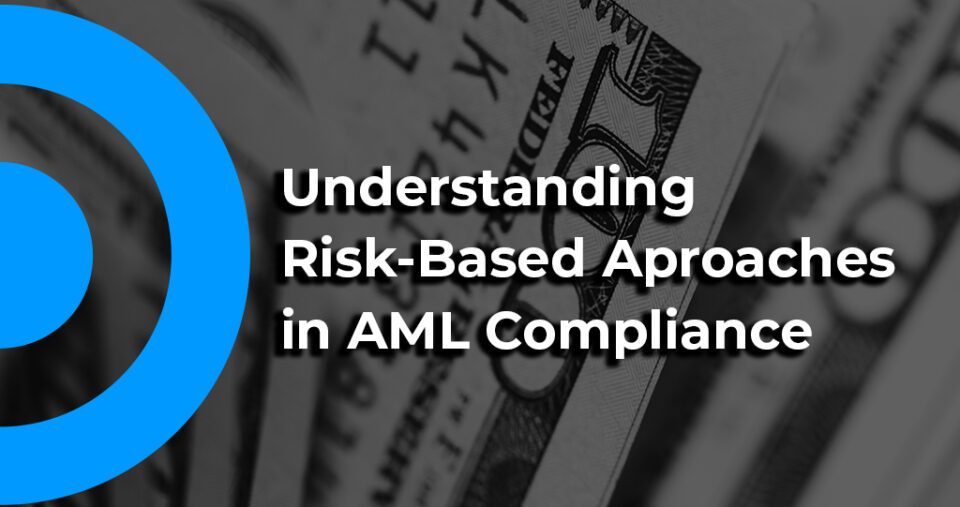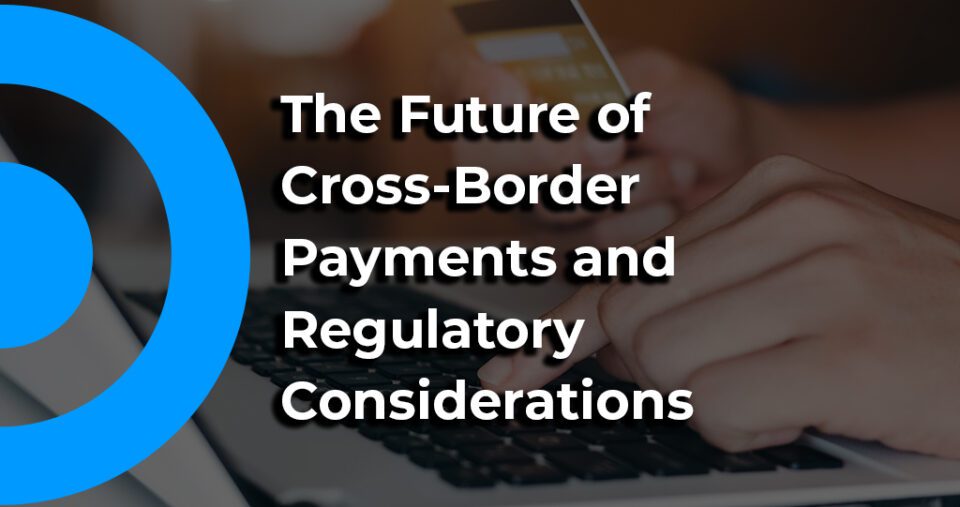
What Are the Key Types of Money Services Business?
February 3, 2025
FINTRAC’s Latest AML Directives: How Canadian MSBs and PSPs Should Prepare
February 10, 2025The global payments landscape is evolving rapidly, with fintechs and Payment Service Providers (PSPs) facilitating seamless cross-border transactions. However, compliance with international regulations remains a major challenge. Varying licensing frameworks, Anti-Money Laundering (AML) requirements, and data localization laws create regulatory complexities that businesses must navigate to operate legally in multiple jurisdictions.
This article explores the key compliance challenges fintechs face in cross-border payments, covering AML rules, regional licensing obligations, and data protection laws. It also provides strategies for ensuring seamless global compliance while expanding into new markets.
1. The Complexity of Cross-Border Payment Compliance
Unlike domestic payment systems, cross-border transactions require compliance with multiple regulatory bodies across different countries. Challenges arise from:
- Diverse licensing frameworks – Each country imposes its own financial services licensing rules.
- AML and Counter-Terrorist Financing (CTF) obligations – Regulations differ in scope, affecting Know Your Customer (KYC) and transaction monitoring.
- Data protection and localization laws – Some jurisdictions restrict financial data transfers outside their borders.
Fintechs must adopt a multi-layered compliance approach to meet regulatory standards without disrupting payment flows.
Navigating global compliance is crucial for PSPs operating across multiple jurisdictions. Understanding licensing requirements, AML regulations, and data localization laws helps ensure seamless operations and regulatory adherence. Learn more about PSP compliance strategies here.
2. Key Licensing Challenges for Fintechs and PSPs
Fintechs expanding across multiple regions must secure regulatory approval from local authorities before offering cross-border payment services.
Examples of Licensing Frameworks
- European Union (EU): Requires Electronic Money Institution (EMI) or Payment Institution (PI) licenses under PSD2.
- United States: Requires compliance with Money Transmitter License (MTL) regulations, varying by state.
- United Arab Emirates (UAE): Mandates PSPs to be licensed by the Central Bank of the UAE (CBUAE) or Dubai’s Virtual Assets Regulatory Authority (VARA) for crypto-related transactions.
- Canada: Foreign PSPs must register as Money Services Businesses (MSBs) under FINTRAC regulations.
Failure to obtain the necessary licenses can result in penalties, service disruptions, or even bans from certain markets. Expanding into the Canadian market comes with unique licensing challenges for PSPs. From FINTRAC registration to compliance with the Retail Payment Activities Act (RPAA), understanding regulatory requirements is essential. Explore the key PSP licensing challenges in Canada here.
3. AML and CFT Obligations Across Jurisdictions
AML and Counter-Terrorist Financing (CTF) regulations vary significantly between countries, impacting KYC, due diligence, and reporting requirements.
Key Global AML Frameworks
- Financial Action Task Force (FATF) – Sets international AML/CTF standards.
- EU’s AMLD6 – Expands liability for financial crimes and strengthens KYC rules.
- FINTRAC (Canada) – Mandates enhanced due diligence for high-risk transactions.
- CBUAE AML Directives – Imposes strict risk-based transaction monitoring for UAE-based fintechs.
Fintechs operating internationally must implement centralized AML policies while ensuring local compliance in each jurisdiction.
4. Data Localization and Privacy Laws
Many countries restrict financial data transfers outside their borders, creating additional hurdles for cross-border fintech operations.
Notable Data Localization Regulations
- General Data Protection Regulation (GDPR) (EU) – Requires explicit user consent for cross-border data transfers.
- PIPEDA (Canada) – Imposes strict data-handling obligations on fintech firms.
- China’s Cybersecurity Law – Mandates that payment data from Chinese customers must be stored within China.
- India’s Personal Data Protection Bill – Limits sensitive financial data transfers outside the country.
Fintechs must ensure data security measures align with each region’s privacy regulations.
5. Strategies for Seamless Global Compliance
To successfully navigate cross-border payment regulations, fintechs should adopt:
- Global Compliance Programs – Implement standardized policies tailored to regional requirements.
- RegTech Solutions – Utilize AI-driven compliance tools for automated transaction monitoring.
- Partnerships with Local Entities – Leverage local banking or fintech partners to streamline compliance.
- Regulatory Intelligence Platforms – Stay informed on changing laws in key markets.
6. Final Thoughts: Strengthening Compliance in Cross-Border Payments
As the fintech industry continues its global expansion, cross-border compliance becomes a key differentiator for sustained growth. Navigating licensing laws, AML obligations, and data localization policies is essential for maintaining regulatory approval and ensuring business continuity.
Reach out to our compliance experts for customized regulatory guidance to help streamline your cross-border payment operations.



